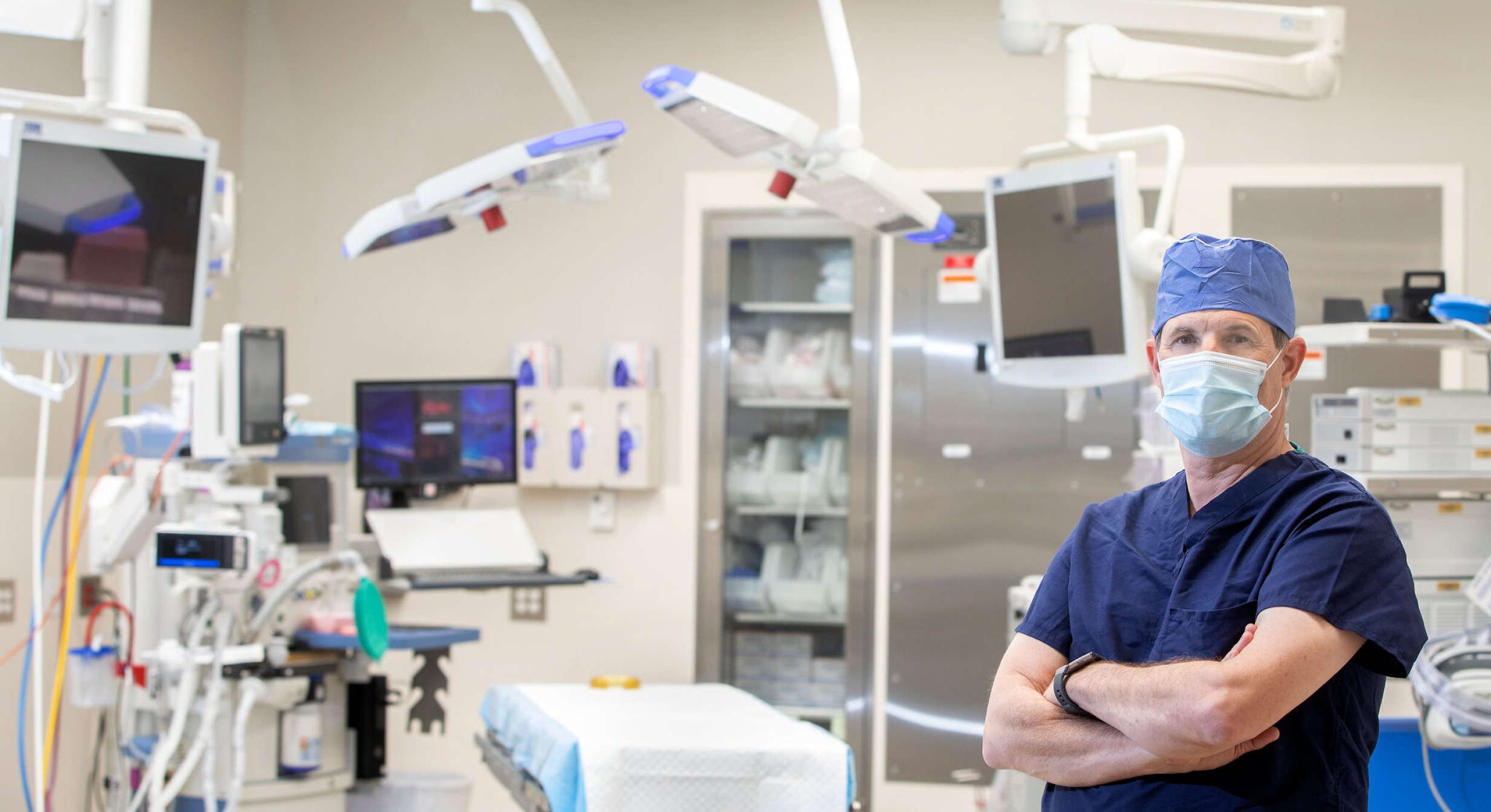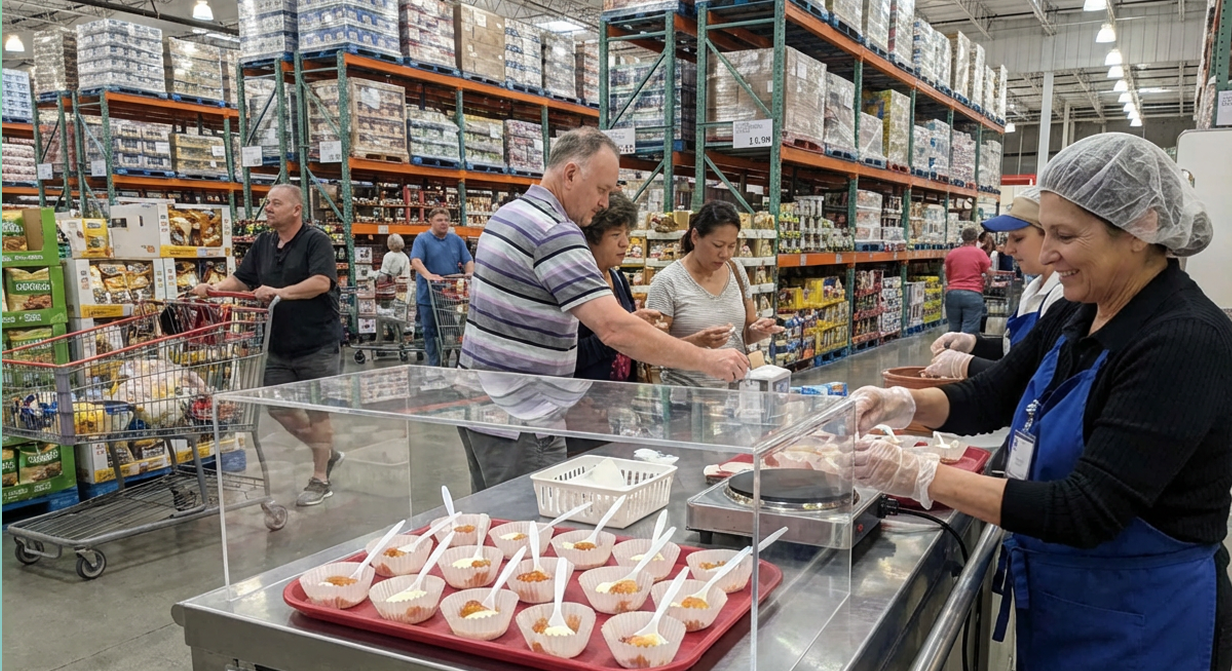Among industry leaders in medical fields surrounding surgical autonomy, there are many who believe that the current incoming residents lack the skills that they need to enter practice and are looking at potential solutions to these skill gaps. Industry professionals Jeremy Stoller, MD and Tahir Jamil, MD from General Surgery News think that apprenticeships are still a key aspect of training in the medical fields today and believe it could be the answer to what is now being called the “autonomy crisis” in the industry. Following this model participants will be accepted into a community of practitioners, with an entry-level position within the medical facility. While at the periphery, participants will begin a process of on-the-job training into a particular community of practice, learning the language and skills within the work environment with clear expectations and learning goals making medical apprenticeships increasingly popular across the nation.
The solution to the autonomy crisis, therefore, is a reclaiming of Halsted’s apprenticeship model, freshly understood within practices that are able to foster trust in the current context of the overall medical system. Thankfully, there are many ongoing efforts to do this within the surgical education community, such as simulation, longitudinal rotations, and the development of entrustable professional activities.
Jeremy Stoller, MD & Tahir Jamil, MD
Apprenticeship programs can help form the foundation of surgical resident training and can help promote the expectation for residents to operate independently. Stoller and Jamil believe that the student-mentor relationship between the attending and resident will help foster a great work environment that produces skilled medical professionals for the future. For as long as residents train under industry-tested surgeons in the OR, the route of apprenticeships will be there for the medical industry, and for as long as they implement this model apprenticeship will form the backbone of developing residents of autonomy in the OR. Using apprenticeships to develop the relationship between the attending and resident under the current medical system and promoting a healthy learning environment will ultimately help to solve the ongoing autonomy crisis.
Read more here: https://www.generalsurgerynews.com/Opinion/Article/11-21/The-Path-to-Surgical-Autonomy-A-Return-to-Apprenticeship/65226




.png)


